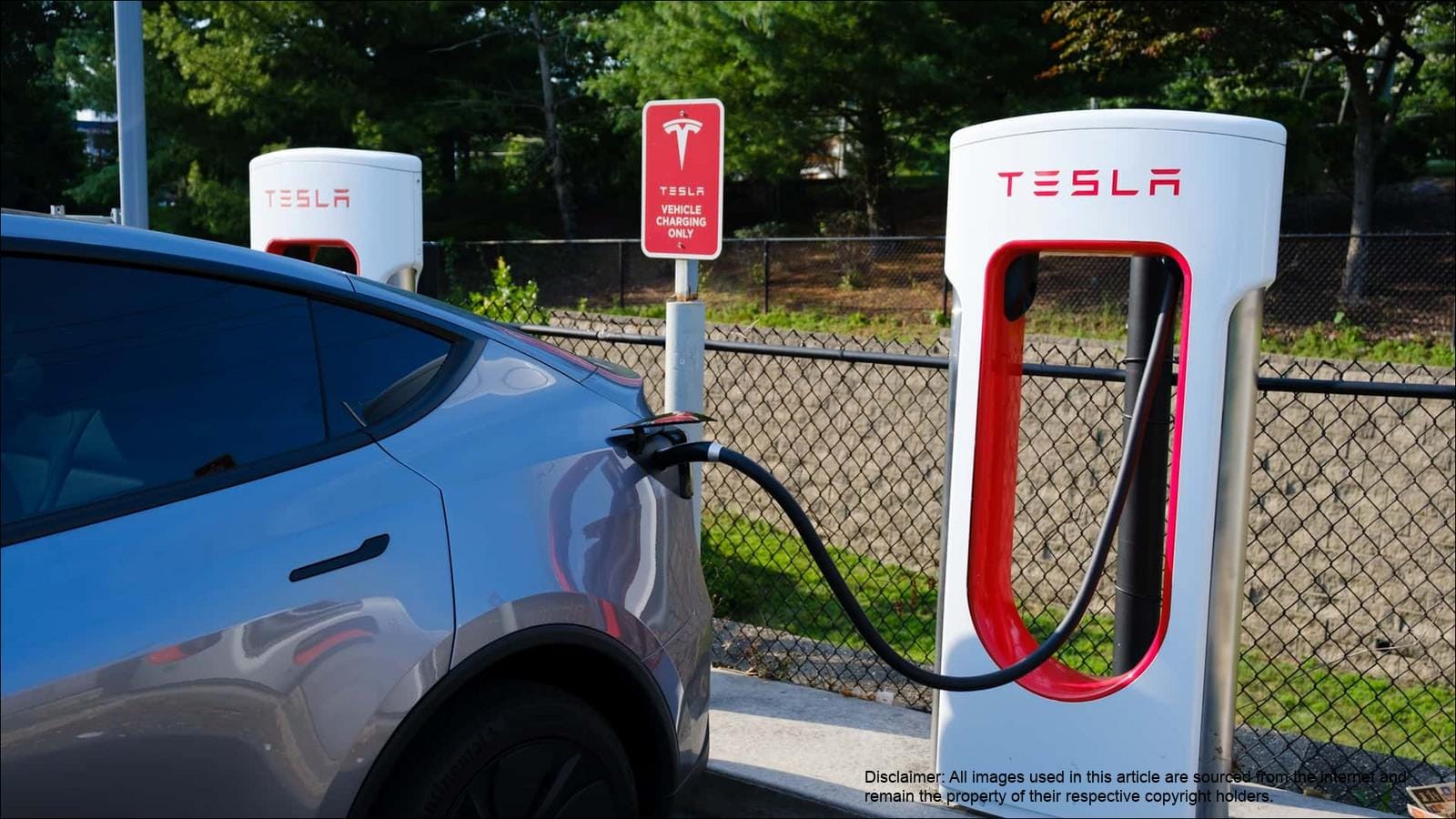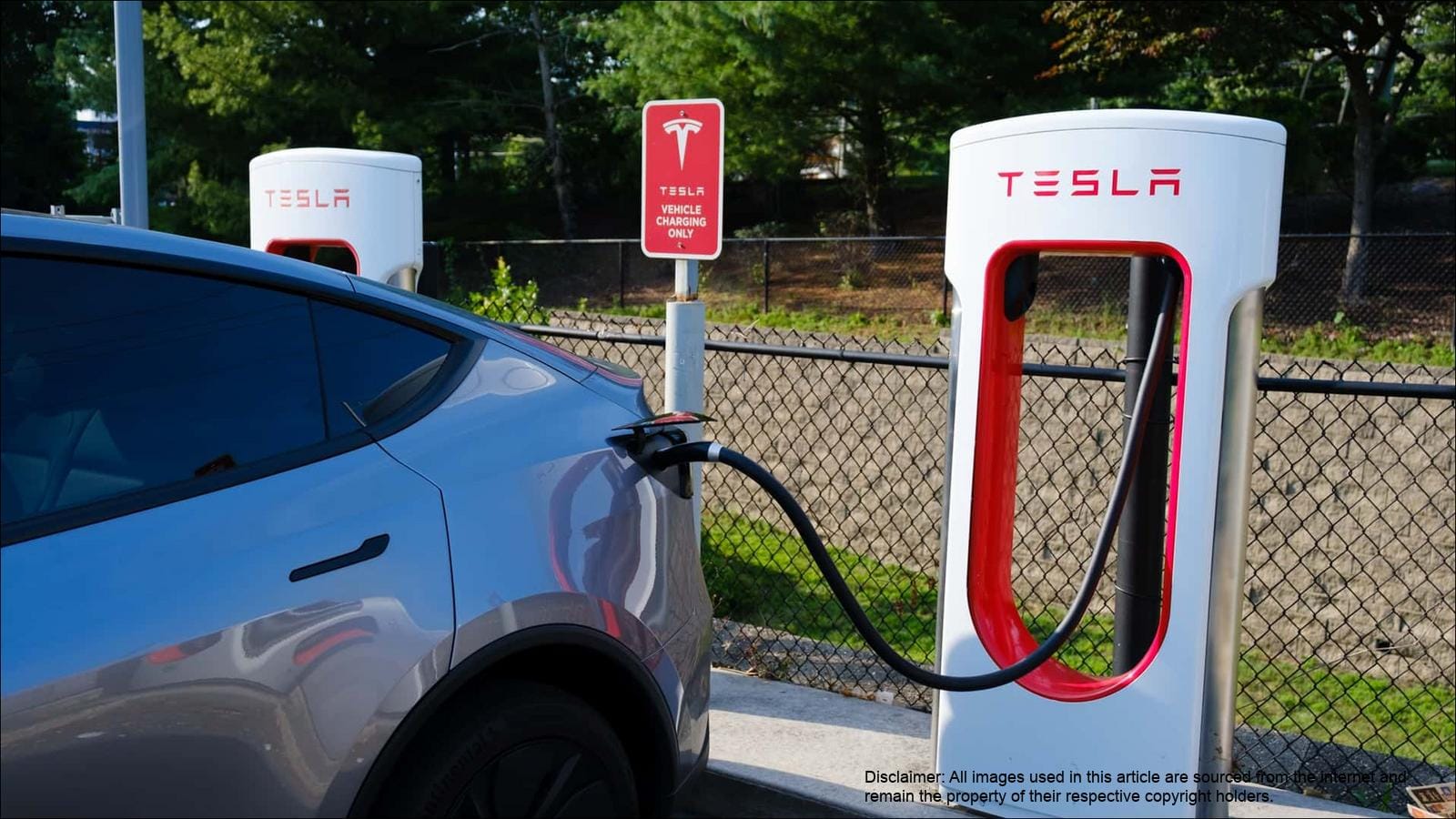Challenges and Future Outlook
Tesla faces significant challenges in the current market environment. Recent financial results revealed a decline in global deliveries, even as the overall U.S. EV industry experienced growth. This suggests that Tesla is losing market share to competitors, potentially due to factors such as increased competition, changing consumer preferences, and “changing political sentiment,” as the company itself acknowledged. The launch of an affordable EV is a crucial step for Tesla to regain momentum and attract a broader customer base. However, the success of this strategy depends on several factors, including the vehicle’s design, performance, pricing, and the effectiveness of Tesla’s marketing efforts.
The introduction of a more affordable Tesla Model Y, or a similar model, could be a game-changer for the company. By offering a compelling EV at a lower price point, Tesla can tap into a new segment of the market and compete more effectively with established automakers and emerging EV brands. However, Tesla must also address concerns about its production capacity, supply chain stability, and the potential impact of trade policies on its operations. Ultimately, Tesla’s ability to innovate, adapt to changing market conditions, and deliver high-quality, affordable EVs will determine its long-term success in the rapidly evolving automotive industry. The Tesla June launch is a critical milestone in this journey.




















